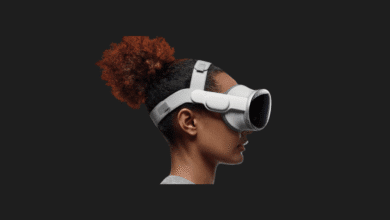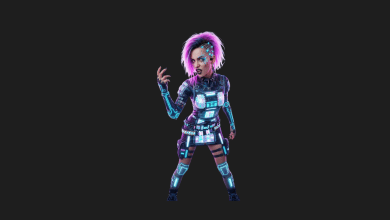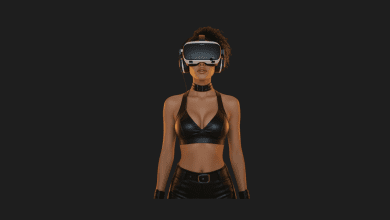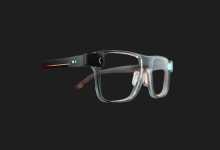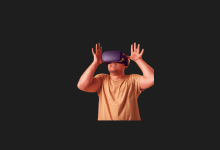The $77 Billion Gamble: Is the Metaverse Officially Dead?
METAVERSE NEWS
Witness the construction of a new reality. Your essential source for breaking Metaverse News, tracking the platforms, technologies, and digital economies actively building our virtual future.
METAVERSE MOVIES
Cinema as the blueprint for our virtual destiny. Explore our collection of Metaverse Movies that predicted the rise of digital worlds, from cyberpunk dystopias to the limitless playgrounds of the OASIS
Top Metaverse Tokens
Real-time market prices for the Virtual World
Loading Metaverse Data...
METAVERSE BLOG
Decoding the virtual frontier. Read our Metaverse Blog for deep dives into Web3 economies, NFT utility, and the architectural principles defining the next generation of the internet
Metaverse Categories
You have reached the bottom of the page, but the Metaverse has no edges. The line between the physical and digital worlds is dissolving. What you see here is just a glimpse of the infinite reality waiting to be explored.









